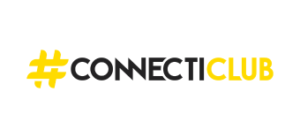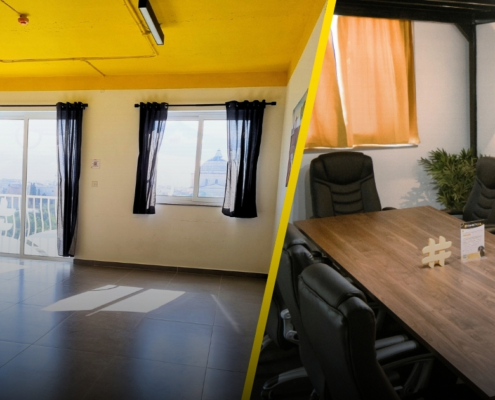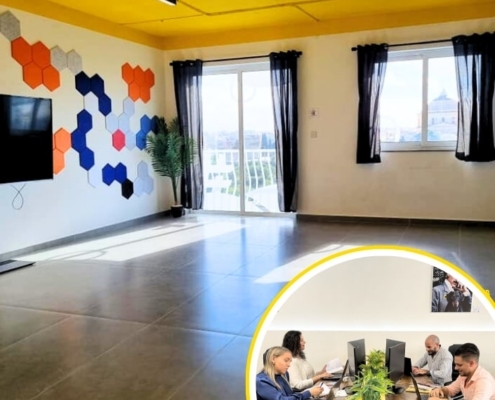Soft skills are non-technical abilities that depend on traits such as emotional intelligence, values, and work ethic. While people can improve their soft skills through learning and practice, these talents largely depend on candidates’ innate dispositions and pre-established beliefs about accountability and respect.
Organizations value professionals with strong, soft skills because they integrate well into teams, collaborate successfully, and usually make work environments more positive and motivational.
Problem-solving
This is among the first soft skills searched by companies as it opens new ways of seeing and facing difficulties by stimulating a change of perspective and working with greater efficiency. This capacity enables them to find solutions and compromises in difficult situations, using creativity and “thinking outside the box”.
Teamwork
it’s important to know how to work as a team to achieve common goals. Knowing how to establish relationships with one’s colleagues, and proposing positive and proactive attitudes, is the right way to create and empathize with the work team.
Be able to work under pressure and maintain control over one’s work priorities, avoiding creating a climate of tension with colleagues.
Good communication
A good communication skill and knowing how to express your ideas clearly allows you to reach your audience directly and constructively, but also your manager or a customer. This is also accompanied by knowing how to listen to others, what their opinions are, to better understand the points of view of others, and improving teamwork.
Organizational capacity
This competence is positive in any field of work at any level because the ability to evaluate deadlines is an important phase in completing projects. Programming helps to define priorities, which projects are more important and which less, to avoid overly pressing deadlines and plan the amount of work, managing any unforeseen events.

















